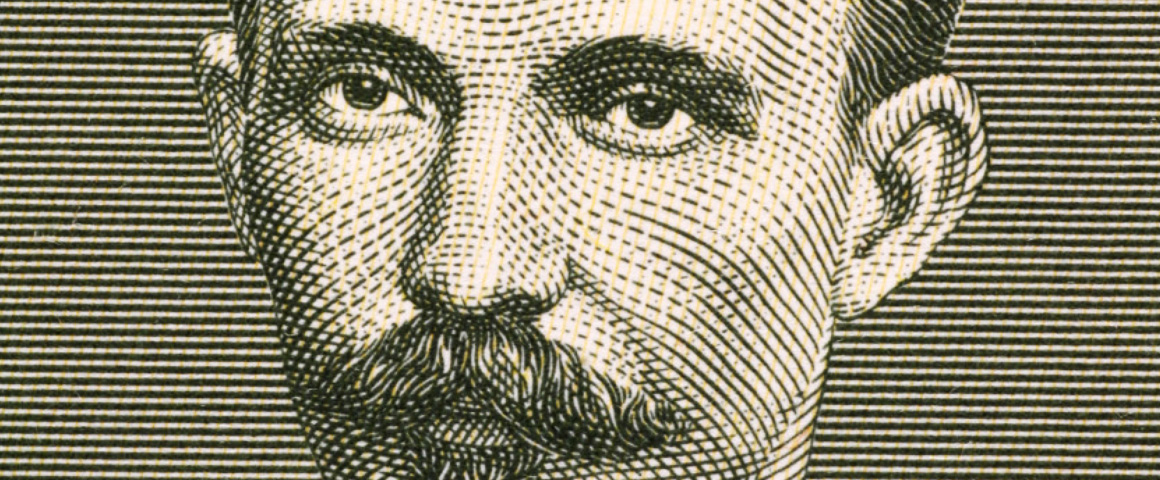Elections in the United States are often portrayed as a model of democracy in action. But is this true? This is an important question because this “model” is forcefully being imposed on other countries.
Just as a new car model typically has wheels, engine, doors, etc., the U.S. 2016 election model features the standard appearance of two competing candidates for the Democratic and Republican parties. Other parties are allowed but never make it to the mainstream as potential contenders.
There is also the primary selection process for candidates seeking nomination by the respective parties. Like a reality show, there is no shortage of drama, with endless debates, speeches, threats, promises, denunciations, defiance, lies, warnings of doom and gloom, accusations, love-ins, etc. In other words, an extensive array of confusing information is deployed by so-called communication experts, journalists and competitors, seemingly designed to misinform and entertain rather than to discuss relevant policy issues that will affect all voters.
Occasionally, a new model is rolled out, with changed features. In the 2008 model, colour was the new detail that appealed to many. This year, the feminine character of the model is being promoted as a novel addition. Never mind that it is not an original idea. Several other countries have used this feature for a long time, but this is “making history” à la USA, where history books 50-100 years from now will state that the U.S. Empire was the first to elect a woman for president… if she is elected and if the empire has not collapsed by then, of course.
The 2016 election had the potential for the Democrats to nominate a radical (by U.S. standards) candidate. This really promised to make history, at least in words, but it was not given a chance. The status quo “wisdom” opted to stick to the proven and safe. Using the car model analogy, Bernie Sanders was like one of those high-performance self-driven vehicles still considered too dangerous to make available to the public.
But what does the U.S. election process look like to an observer from another country or a different century? How much has really changed?
Take a look at some features of the 1888 U.S. election. The observer-reporter then was José Martí, the prolific Cuban author and national hero who was living in New York at the time. Martí fought and died for Cuban independence from Spain and predicted subsequent U.S. interventions in Latin America. He wrote several reports about this election for the Argentinean newspaper La Nación. What follows are a few direct quotes from his articles spanning the summer and fall of 1888 (sources below).
The contenders were Grover Cleveland, the Democrat seeking re-election, and Republican Benjamin Harrison (grandson of the 9th President, William Henry Harrison). Although Cleveland had a larger popular vote, Harrison won the presidency with more electoral votes, due to the decisive Republican support in the state of New York, about which Martí wrote, “In New York are the rich who pay for the vote that is sold.”
In several reports, Martí refers to the general situation in the U.S., where immigration was a main concern. He wrote how Congress was about to release information on “people coming from abroad mostly Turkish, or Russians, or from the Slavic countries, or from the poorest of Italy” (later he recorded that 300 Italians were shipped back). New York City Mayor Abram S. Hewitt was reported as stating, “the right to vote should not be given to foreigners who do not have a residency of twenty-one years in the country.”
The other key issue was related to trade. Protectionist Republicans wanted to raise import tariffs, which Democrats wanted to keep low to benefit consumers with lower prices.
Martí describes the general atmosphere of the clash: “They throw buckets of mud on each other’s head. They purposefully lie and exaggerate. They stab each other in their guts and their backs. All insults are allowed. Every blow is good so long as it numbs the enemy.”
In reference to politicians in general, Martí wrote: “they do not put their political genius on the side of the poor…rather they side with those in power to be put in power.” More incisively he wrote, “The self-interested politician is a thief.” In particular, Martí made many pointed references to James G. Blaine as the “elastic politician…who inspires much hatred in his rivals”. Blaine was the Republican candidate in the 1884 elections, losing narrowly to the Democrat Cleveland.
Blaine became Secretary of State (1889-1892) under the newly elected Harrison. As such he expanded U.S. trade to include political influence and a U.S.-controlled arbitration process for American nations to settle disputes among them. But Blaine’s worst infamy, relevant to a Latin American like Martí, was his expansionist idea of taking Hawaii, Cuba and Puerto Rico. We know the outcome. Martí could have not fathomed the extent of U.S. domination today.
Another U.S. politician noted by Martí was Allen G. Thurman. He was 73 years old when he was campaigning and had very progressive ideas. He was in favour of low import tariffs “to protect 60 million souls [U.S. population then] allowing them to live comfortably, instead of protecting six thousand manufacturers with high tariffs.”
Martí quoted Thurman as saying: “This protectionist system, comrades, is a cove for bandits.” And further, “we must campaign for the nation, not for the capitalist who accumulates unfair profits at the cost of the nation.” “I am always on the side of the underdog.” Thurman would have been Cleveland’s Vice-President if re-elected.
Interestingly, Martí also made reference to the politicians’ practice of giving speeches. He noted how well they get paid “because they have national fame, and fame pays as much as the skill of public speaking.” Then he asks, “What liberty can have a public speaker that is paid?” He drives in his point: “there are illustrious lawyers who get paid a certain amount for an evening, similar to clowns that are hired to josh in performances.”
Referring to presidential candidates, Martí wrote that they are “so determined to win that [they are] almost winning even though [they have] offended too many to achieve a full triumph. And [they are] so unconcerned about moral constraints that, even though [they] know that [they are] not speaking the truth, words still pour out of [their] mouths.”
Martí seemed to suggest a call to action, stating that, “the government that uses its power to increase anger of those governed, and to unnecessarily deprive them of what they need for their well-being, under pretext of serving them, is deceiving the people, and this is a case of slaves’ rebellion against their master.”
Martí clearly acknowledged that money was a large part of U.S. elections: “Elections cost a lot of money. Capitalists and businesses help needy candidates with their expenses who in turn pay back the money advance received from them after they have won.”
The similarities between 1888 and 2016 are striking. The essence of the two processes 128 years apart does not appear to have changed at all. The two parties engage in the same trickery to occupy the highest positions in the country, to ultimately execute the pre-ordained policies of exploitation, imperialism and hegemony of the few.
That cannot be called democracy! That is a sad reality today, as it was when Martí wrote. Plus ça change, plus c’est la même chose.
No wonder that a large number of U.S. voters feel overpowered by a sense of deception, and abstain from using their “democratic right”. I suspect that they would rather watch other numbing reality shows on TV. The time seems ripe to switch channels and accept Martí ’s call to rebellion.
(Sources: www.metro.inter.edu/cai/jose_marti/Vol12.pdf; www.cubadebate.cu/especiales/2016/05/12/analisis-martiano-de-las-elecciones-en-estados-unidos/#.V64ugmUrz9l)




